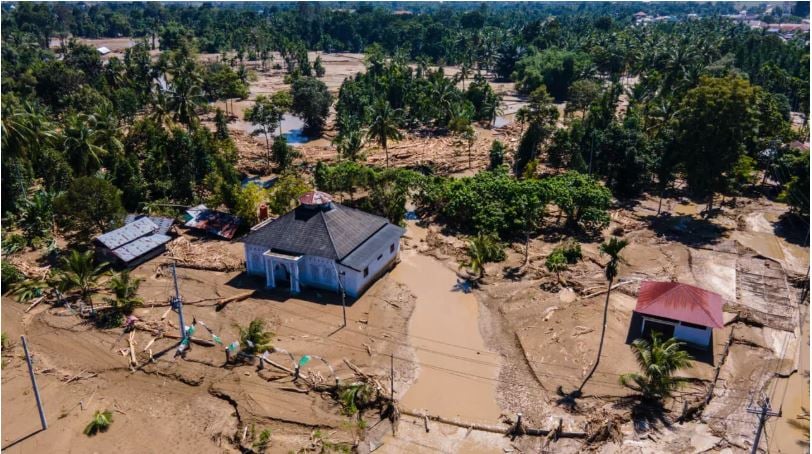Major General Aharon Haliva, head of Israel's military intelligence directorate, resigned on Monday due to the failures surrounding Hamas' unprecedented October 7 attack, marking one of the deadliest assaults in Israel's history.
The attack, characterized by militants breaching Israel's border defenses and inflicting devastating casualties, prompted widespread scrutiny of Israel's security apparatus. Haliva's resignation came after he publicly acknowledged his responsibility in failing to prevent the assault, highlighting the gravity of the situation.
While Haliva's departure was anticipated, the timing of further resignations remains uncertain amid ongoing conflicts with Hamas in Gaza and Hezbollah in the north, alongside heightened tensions with Iran.
The fallout from the October 7 attack underscores the challenges facing Israel's leadership and security establishment, with Prime Minister Benjamin Netanyahu also under scrutiny for his role in the incident's unfolding. Haliva's resignation serves as a stark reminder of the significant repercussions of security lapses in the face of evolving threats.
The attack, characterized by militants breaching Israel's border defenses and inflicting devastating casualties, prompted widespread scrutiny of Israel's security apparatus. Haliva's resignation came after he publicly acknowledged his responsibility in failing to prevent the assault, highlighting the gravity of the situation.
While Haliva's departure was anticipated, the timing of further resignations remains uncertain amid ongoing conflicts with Hamas in Gaza and Hezbollah in the north, alongside heightened tensions with Iran.
The fallout from the October 7 attack underscores the challenges facing Israel's leadership and security establishment, with Prime Minister Benjamin Netanyahu also under scrutiny for his role in the incident's unfolding. Haliva's resignation serves as a stark reminder of the significant repercussions of security lapses in the face of evolving threats.


















